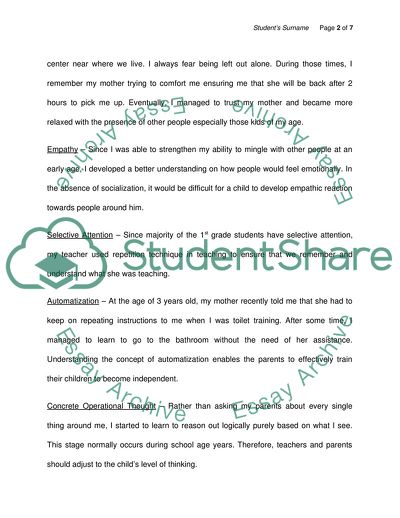Life's Journey Essay Example | Topics and Well Written Essays - 1000 words. https://studentshare.org/english/1723099-lifes-journey
Life'S Journey Essay Example | Topics and Well Written Essays - 1000 Words. https://studentshare.org/english/1723099-lifes-journey.


